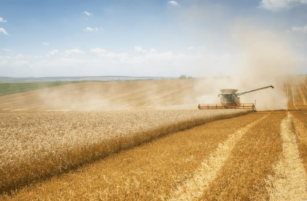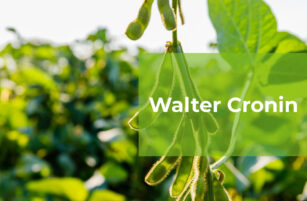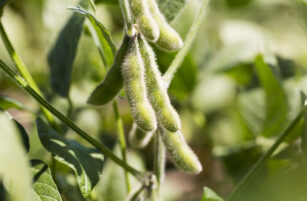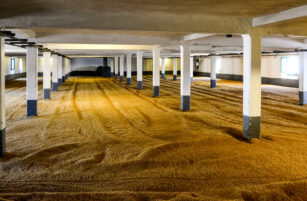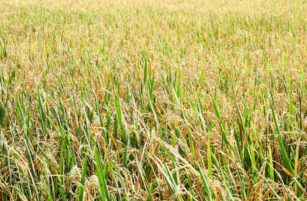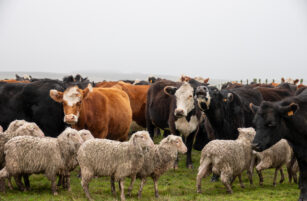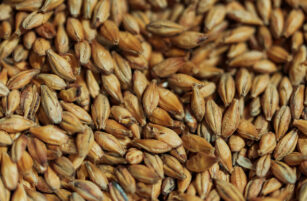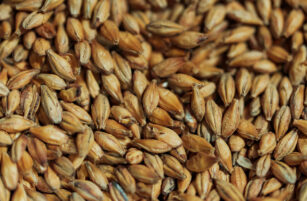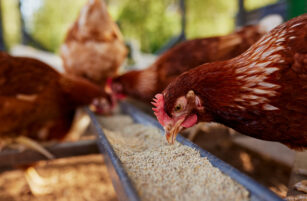Insight Focus
- EU seeks to revive talks on trade deal with Mercosur.
- Ukraine minister says up to 4m tonnes/month of grain could be exported via ports.
- Cuba opens retail, wholesale sector to foreign investment.

Far-right President Jair Bolsonaro and his leftist front-running challenger Luiz Inacio Lula da Silva, know as Lula, began the official Brazlian election campaign on 16 August. Advisors to Lula are proposing subsidized “green” farm loans to spur planting of soybeans and corn on open pasture and reduce deforestation of the Amazon rainforest.
The proposal, revealed to Reuters by a senior Lula advisor, is one of the clearest examples yet of how the former president has tried to court allies in the powerhouse agribusiness sector while promising more environmentally friendly policies.
Farmers in Brazil’s biggest grain state Mato Grosso would be prime candidates for the green loans, the advisors said, as the state boasts 11 million hectares of planted area and almost as large an area of degraded pastures.
The latest polls give Lula a firm but narrowing lead over Bolsonaro.
Reuters also reported that EU representatives have approached the Brazilian government seeking to rekindle negotiations with South America’s Mercosur bloc on a stalled trade agreement, citing two sources with direct knowledge of the matter.
The contact comes amid rapid changes in global supply chains in the wake of the pandemic and the Ukraine war, which have increased Brazil’s influence as an agricultural powerhouse, according to a Brazilian official.
Since 2021, the EU has proposed a side letter to the accord to include guarantees on the environment, concerns set off by rising deforestation in the Amazon that have been blamed internationally on Bolsonaro’s government.
Ukrainian Grain Exports

Source: UN
Raising grain exports from Ukraine via the Black Sea ports was on the agenda at talks in the western Ukrainian city of Lviv between Ukrainian President Volodymr Zelensky, his Turkish counterpart, Recep Tayyip Erdogan, and UN Secretary General António Guterres. The Associated Press reported that Zelensky proposed expanding the shipments under an agreement between Russia, Ukraine, Turkey and the UN. Guterres praised the operation’s success but added: “There is a long way to go before this will be translated into the daily life of people at their local bakery and in their markets.”
In this context, the first ship chartered by the UN’s World Food Programme since the Russian invasion, left the Ukrainian port of Pivdennyi with 23k tonnes of wheat on board destined for Ethiopia, the official Ukrinform news agency reported.
Reuters quoted Deputy Infrastructure Minister Yuriy Vaskov as saying Ukraine could export 3m tonnes of grain from its ports in September and might in future be able to export 4m tonnes a month.
Russian Export Tax

Source: Shutterstock
In Russia, farmers’ lobby group AKKOR appealed to President Vladimir Putin to lift the export duty on grain, the Interfax news agency reported.
“The main issue worrying farmers today is the situation with prices for the 2022 harvest. Harvest work is now actively underway, and a good harvest is expected. However, grain prices on the market have collapsed. With the significant growth in costs, current prices do not cover expenditure,” AKKOR said.
However, Interfax also quoted Prime Minister Mikhail Mishustin saying that the Zabaikalsky Grain Terminal in in the Siberian city of Chita, which is scheduled to open in the third quarter, will essentially open a gateway for Russia to export grain to Central Asia, the Middle East and China.
Russia will also ship a trial batch of grain to Vietnam in September-October, consisting of grain grown in regions free of weeds subject to quarantine in Vietnam such as creeping thistle, Russian plant and animal health watchdog Rosselkhoznadzor reported after talks with officials from Vietnam’s Agriculture Ministry, Interfax said.
Food Shortages in Sri Lanka, Cuba

Source: Shutterstock
By contrast, the standing paddy crop across most of Sri Lanka’s major rice growing belt is stunted for the second successive season because of the lack of fertiliser, Reuters reported, citing farmers, a union leader and local government officials.
On the 10,900 hectares of land under cultivation in Kilinochchi, the average yield is likely to hit 2.3 tonnes a hectare, according to government estimates. That compares with around 4.5 tonnes/ha, according to a local government official.
The shortage of fertiliser is not the only problem. Sri Lanka has hardly any currency reserves to import adequate fuel, so farm machinery and trucks to transport rice to markets are in short supply. Some farmers say their crops are not worth harvesting.
In Cuba, the government will allow foreign investors into its wholesale and retail trade for the first time in 60 years, the BBC reported.
Cuba is now facing its most severe economic crisis in decades, with rising prices and public discontent.
The policy aims to tackle shortages of basic goods, like food and medicine — but stops short of fully opening trade.
But retail will not be open to international investors without scrutiny, as “a state market has to prevail” foreign trade minister Betsy Díaz Velázquez said.
Other Insights That May Be of Interest…
Ask The Analyst: New Global Corn Trade Between China and Brazil
How Farmers are Working Around High Fertiliser Prices and Shortages


